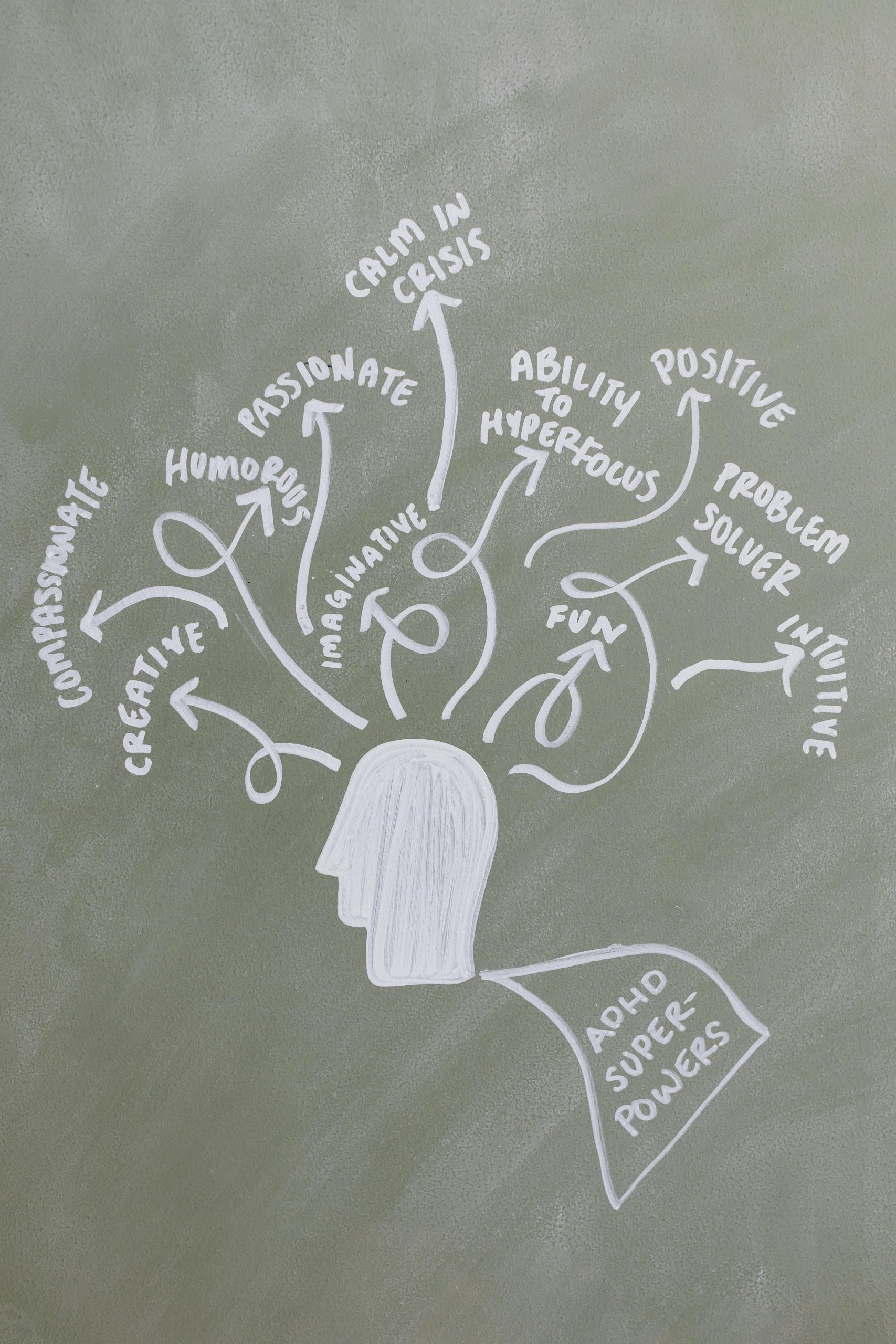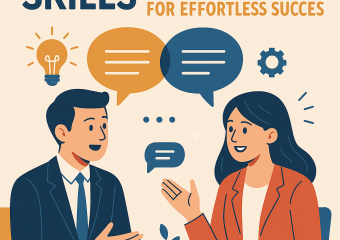Navigating College for Future Job Success: Skills You Need to Succeed
Navigating College for Future Job Success: Skills You Need to Succeed
Importance of College for Future Job Success
College education has long been considered a crucial stepping stone towards future job success. According to the Bureau of Labor Statistics, individuals with a bachelor’s degree earn significantly more on average than those with only a high school diploma. In addition to higher earning potential, college graduates also have access to a wider range of job opportunities and are more likely to be employed in their desired field.
Furthermore, college provides students with the opportunity to develop essential skills that are highly valued by employers. These skills include critical thinking, problem-solving, communication, collaboration, and time management. By honing these skills in a college setting, students are better prepared to succeed in the competitive job market.
Essential Skills for Navigating College Successfully
One of the most important skills for navigating college successfully is time management. College students are often juggling multiple classes, extracurricular activities, and part-time jobs, making it essential to prioritize tasks and manage their time effectively. Developing strong time management skills not only helps students succeed academically but also prepares them for the demands of the workforce.
Another crucial skill for college success is self-discipline. College requires a high level of self-motivation and the ability to stay focused on long-term goals. By cultivating self-discipline, students can stay on track with their studies, extracurricular activities, and career goals.
Developing Critical Thinking and Problem-Solving Skills
Critical thinking and problem-solving skills are essential for success in college and the workplace. College coursework often requires students to analyze complex information, evaluate different perspectives, and come up with creative solutions to problems. By developing these skills in college, students are better equipped to tackle challenges in their future careers.
One way to enhance critical thinking and problem-solving skills in college is to actively engage in class discussions, participate in group projects, and seek out opportunities for hands-on learning. By challenging themselves to think critically and solve problems in a collaborative setting, students can develop these skills in a practical and meaningful way.
Building Communication and Collaboration Skills
Effective communication and collaboration skills are key to success in college and the workplace. In college, students have the opportunity to work with diverse groups of peers, professors, and professionals, making it essential to communicate clearly, listen actively, and collaborate effectively. By honing these skills in college, students can build strong relationships, work well in teams, and communicate their ideas confidently.
One way to improve communication and collaboration skills in college is to participate in extracurricular activities, such as student organizations, clubs, and volunteer opportunities. These activities provide students with valuable opportunities to practice their communication and collaboration skills in a real-world setting, while also expanding their network of contacts and building their resume.
Leveraging Internships and Networking Opportunities
Internships and networking opportunities are invaluable for college students seeking to gain practical experience, build professional connections, and explore potential career paths. According to a survey by the National Association of Colleges and Employers, nearly 60% of employers prefer to hire candidates with internship experience. By participating in internships and networking events, students can gain hands-on experience in their field of interest, make valuable connections with industry professionals, and increase their chances of securing a job after graduation.
To leverage internships and networking opportunities effectively, students should start early, research potential opportunities, and actively seek out mentorship and guidance from professionals in their field. By taking initiative and building relationships with industry professionals, students can gain valuable insights, advice, and support as they navigate their career path.
Balancing Academics and Extracurricular Activities for Career Readiness
Balancing academics and extracurricular activities is essential for career readiness in college. While academic success is important, employers also value candidates who demonstrate leadership, teamwork, and a well-rounded skill set. By participating in extracurricular activities, such as student government, sports teams, or volunteer work, students can develop valuable soft skills, such as leadership, teamwork, and time management, that are highly sought after by employers.
One way to balance academics and extracurricular activities effectively is to prioritize tasks, set goals, and manage time wisely. By creating a schedule, setting realistic expectations, and staying organized, students can excel academically while also participating in extracurricular activities that enhance their skills and experiences. Additionally, students should seek out opportunities to apply their academic knowledge in real-world settings, such as internships, research projects, or community service, to gain practical experience and make a positive impact in their field.
In conclusion, navigating college for future job success requires a combination of essential skills, including time management, self-discipline, critical thinking, problem-solving, communication, collaboration, and networking. By developing these skills in college, students can enhance their academic performance, build valuable connections, and prepare themselves for a successful career after graduation. By leveraging internships, networking opportunities, and extracurricular activities, students can gain practical experience, build professional relationships, and stand out to employers in a competitive job market. Ultimately, by honing these skills and balancing academics with extracurricular activities, students can position themselves for future job success and achieve their career goals.







